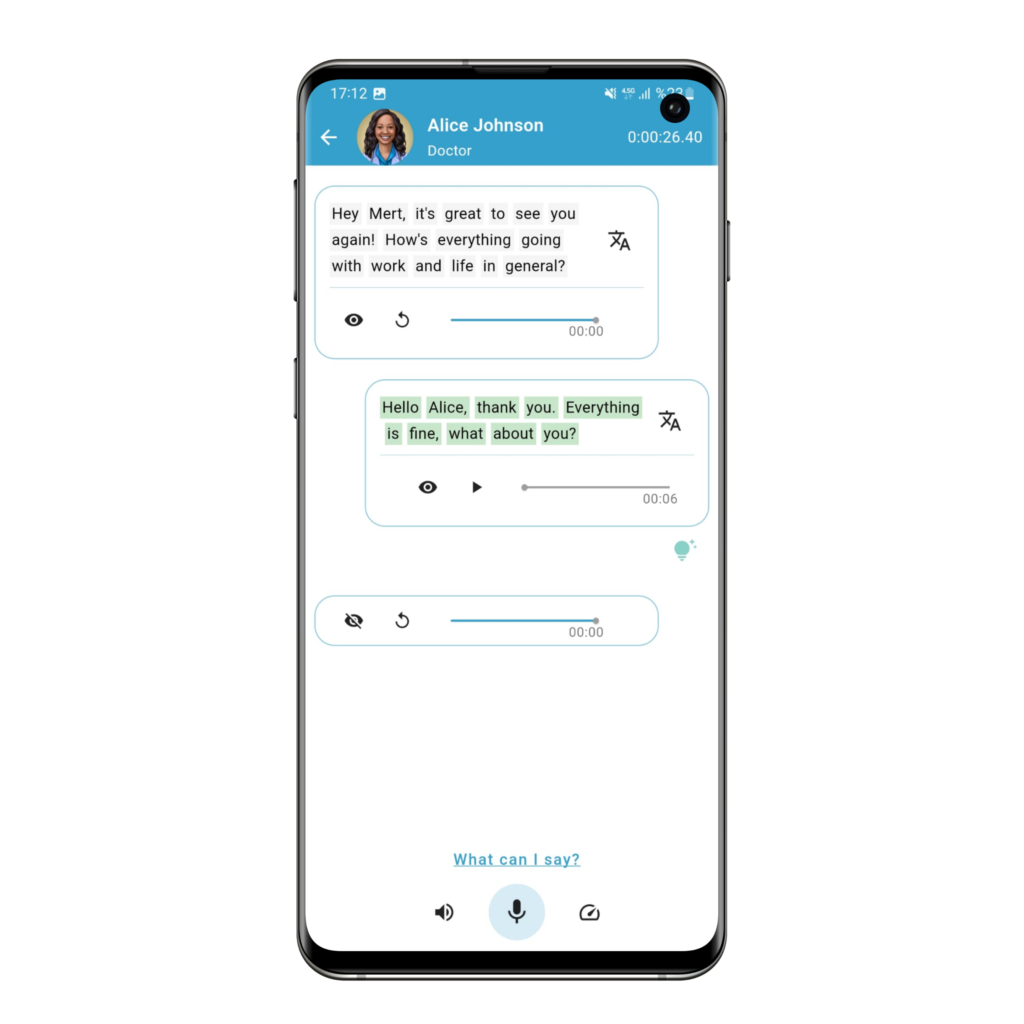Looking to improve your spoken English skills in a safe and judgment-free environment? Download Tutor AI today!
Bonjour! It’s me, Elodie Bellerose, back again and eager to dive into one of my favorite aspects of mastering the English language – vocabulary building. Today we will be taking a closer look at how to bolster your English vocabulary for better articulation and clearer communication. There are three primary areas we’ll focus on: effective strategies to expand your vocabulary, learning new words and phrases, and utilizing online resources and apps for vocabulary improvement.
Effective Strategies to Expand Your Vocabulary:
Ever wonder why some people just seem to have a word for every occasion? It’s not some innate talent they’ve been blessed with, it’s simply a result of regular practice and an active desire to constantly learn. Let’s break down some effective strategies that will help expand your vocabulary.
Firstly, one of the most effective methods for building your vocabulary is by reading extensively. By exposing yourself to a wide range of books, newspapers, magazines, and online articles, you will naturally come across an array of words you’re unfamiliar with. Look up these words, understand their meanings, and try to incorporate them into your everyday vocabulary.
Secondly, maintaining a word diary can prove immensely useful. Whenever you bump into new words, note them down along with their meaning, pronunciation, and an example sentence. Revisiting this diary regularly will reinforce your learning.
Thirdly, creating flashcards with new words and their meanings is an oldie but a goodie. By reviewing these flashcards regularly, you’ll instill these words into your memory. Before you know it, you’ll be using these words in your daily conversations!
Fourthly, engaging in conversations with those who have a strong vocabulary will also benefit you. It instigates your curiosity and propels you to learn and use advanced words in your discourse.
Lastly, never shy away from asking questions or seeking meanings of words you don’t understand. Remember, every question brings you one step closer to becoming proficient in English.
Learning New Words and Phrases:
Now that we’re abreast with the strategies, let’s delve deeper into learning new words and phrases. This is where the real fun begins. You will not only be expanding your vocabulary but also enhancing your cognitive and communication skills.
When trying to learn a new word, do not simply memorize its meaning. This approach rarely works in the long run. Instead, understand the context in which the word is used. Look for example sentences that use the word and try to compose your own sentences as well. This practice will ensure you’re not only adding the word to your vocabulary but also fully understanding its appropriate usage.
Building vocabulary isn’t just about learning individual words – phrases are just as important. Phrases often sound more natural and help convey ideas or emotions more effectively. So don’t neglect phrases in your vocabulary learning journey.
Play word games. Yes, games. They not only add a fun element to your learning process but also stimulate your brain to remember new words and phrases. Crossword puzzles, word search games, and scrabble are some great options.

When learning new words or phrases, repetition is key. Use them in your conversations, written communication, and even ‘talk to yourself’ in moments of solitude. The more you use them, the easier they become part of your day-to-day vocabulary.
Finally, share your learning with others. Have conversations with friends, family, or teachers about new words or phrases you’ve learned. It’s a great way to test your understanding and make learning a more social and enjoyable experience.
Using Online Resources and Apps for Vocabulary Improvement:
In this digital age, online tools and applications have become one of the most effective ways to learn and boost your language skills. Allow me to share some of the best resources available.
Duolingo, Memrise, Quizlet, and Anki are platforms that offer engaging ways to learn and remember new words. These apps make use of spaced repetition, which is a scientifically proven methodology for enhancing memory retention. They also provide personalized learning experiences adapted to your progress.
Online dictionaries and thesaurus websites such as Oxford, Merriam-Webster, or Collins are excellent resources for word meanings and synonyms. They also often provide example sentences, aiding to understand the context of a word.
Educational websites such as BBC Learning English, FluentU or Khan Academy also have extensive resources dedicated to English learning, including enriching your vocabulary.
You can subscribe to ‘Word of the Day’ services offered by various platforms. They send you a new word, its meaning, pronunciation, and usage example every day. It’s a small but steady step towards vocabulary expansion.
Lastly, online forums or groups where English learners interact can be beneficial too. Platforms like italki and HelloTalk provide this opportunity where you can learn, use new words and get instant feedback from the community.
To wrap this up, expanding your vocabulary is not a one-time effort, but a constant practice to engage with new words, learn their meaning, usage, and apply them in your language. It may seem daunting initially, but with the right strategies, resources, and consistent efforts, you’ll soon start to see the difference! As always, feel free to reach out with any questions or thoughts, and remember: “The limits of my language are the limits of my world”! Happy learning!


